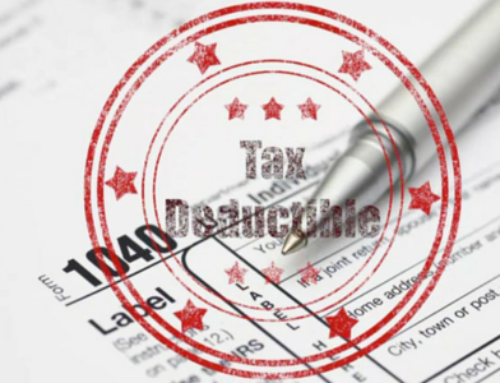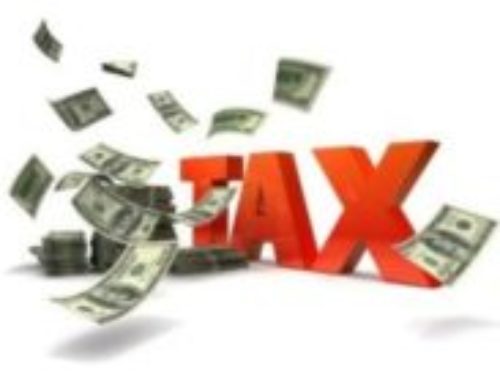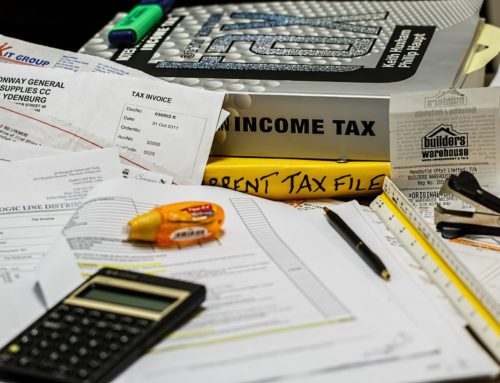Employers share the burden of Social Security and Medicare taxes with their employees, splitting the 15.3% tax 50/50. However, if you’re self-employed, you have to pay the entire tax yourself. This is referred to as the self-employment tax (SE tax).
Who must pay the SE tax
You must pay the SE tax if your net earnings (after expenses) from self-employment are $400 or more in a given year. The IRS considers you self-employed if you:
- Carry on a trade or business as a sole proprietor or independent contractor
- Are a member of a partnership that carries on a trade or business
- Are otherwise in business for yourself, including part-time
This is rather vague since there are so many ways to make money. Simply put, however, if you don’t have an employer withholding FICA from your income (FICA refers to the social security and Medicare taxes when withheld by an employer), then that income is considered self-employment income. This includes the net income from your business, including all income listed on any 1099s you receive. Keep in mind that you only receive a 1099 form if you were paid more than $600 by a client. So be sure to keep track of the clients you contracted with who paid you less than $600 because you are still responsible for paying taxes on that income.
How to pay the SE tax
If you expect to owe the IRS more than $1,000 of SE tax in a year, the IRS expects you to pay your estimated taxes in installments – divided by four and paid quarterly. If you do not pay quarterly, you will be subject to interest and penalties.
The IRS offers worksheets for estimating your tax liability and forms for submitting your quarterly payments. You will use either your social security number (SSN) or an Individual Taxpayer Identification Number (ITIN) if you are a non-resident or a resident alien. Be sure to watch the deadlines very closely to avoid missing the due date and accruing penalties. If you miss the date, send in your payment as soon as possible, then appeal the penalty. The IRS can be forgiving of penalties when goodwill is demonstrated by the taxpayer.
Some exceptions
Not surprisingly, there are thresholds and exceptions to the SE tax. Church employees, family caregivers, and those with income over certain thresholds have different requirements. Additionally, the SE tax is separate from income tax, which must also be calculated and paid if owed.
If you have questions about self-employment taxes, need help with navigating your tax obligations, or want an expert to handle your quarterly payments, reach out to us here at Koelle & Associates. We are CPAs who have been specializing in individual and small business tax for over 30 years.





